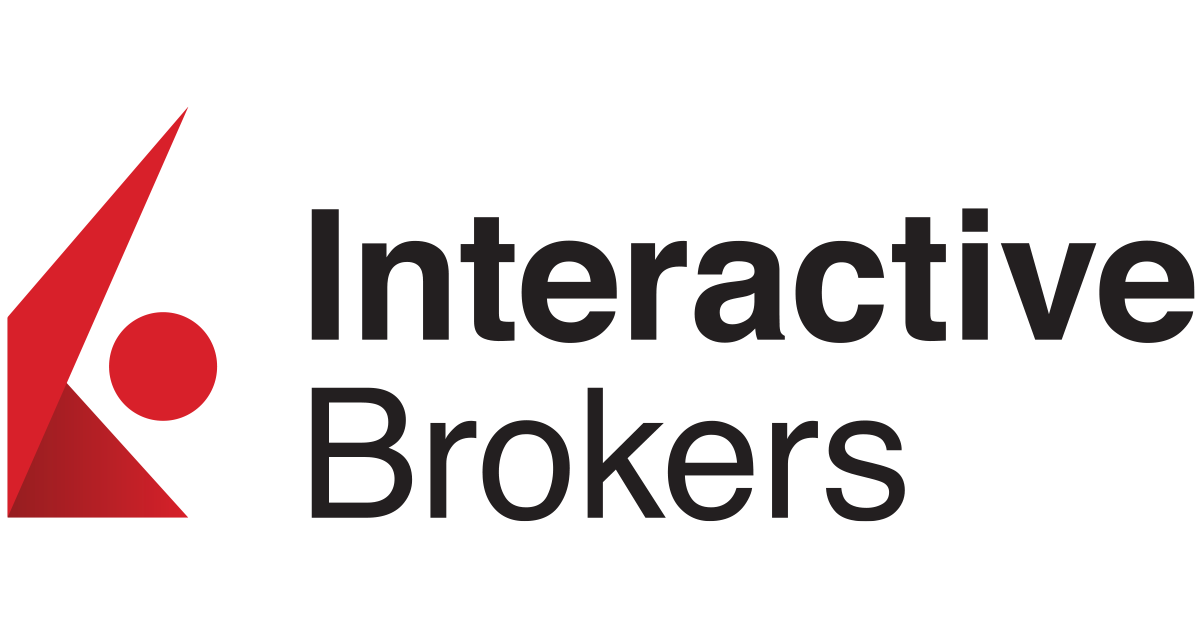
The post Index ETFs by Jordan Robertson appeared first on Benzinga. Visit Benzinga to get more great content like this.
Index exchange-traded funds (ETFs), also known as passive ETFs, track the performance of a specific market index, such as the S&P 500, Nasdaq Composite or Dow Jones Industrial Average. Unlike actively managed mutual funds, index ETFs are designed to replicate the performance of a particular index, rather than trying to outperform it. This approach makes them a popular investment choice for investors seeking to achieve broad market exposure at a low cost.
Table of contents
[Show]
How do Index ETFs Work?
Index ETFs work by investing in the same stocks or securities that make up the underlying index they are tracking. For example, an S&P 500 ETF would hold the 500 stocks that make up the S&P 500 index, in the same weightings as the index. As the index’s value changes, the value of the ETF changes proportionately.
Because index ETFs are passive, they have lower management fees than actively managed funds. They also have lower portfolio turnover, which means they generate fewer taxable capital gains.
Benefits of Investing in Index ETFs
- Diversification: Index ETFs provide investors with exposure to a broad range of stocks or securities within a single investment. This diversification helps to reduce the risk of losses from individual companies or sectors.
- Low cost: Index ETFs are low-cost investment vehicles. Because they are passive and have lower management fees, they are less expensive than actively managed mutual funds.
- Transparency: Index ETFs disclose their holdings daily, providing investors with greater transparency and insight.
- Tax efficiency: Because index ETFs have lower portfolio turnover, they are more tax-efficient than actively managed funds, which can help to minimize taxable capital gains.
Risks of Investing in Index ETFs
- Market risk: Because index ETFs track the performance of a specific market index, their value is subject to market risk. If the market declines, so too will the value of the ETF.
- Concentration risk: Because index ETFs hold a large number of securities, they may be subject to concentration risk if a small number of securities or sectors comprise a significant portion of the index.
- Tracking error: Index ETFs seek to replicate the performance of an underlying index, but they may not always perfectly track the index. Factors that can cause tracking error include management fees, trading costs and differences in dividend yields.
Header 5: How to Invest in Index ETFs
Investing in index ETFs is easy and can be done through any online brokerage account. The first step is to open a brokerage account and fund it with the desired amount of money. Then, select the index ETF that best fits your investment goals and objectives. Finally, purchase the ETF using the brokerage’s online platform.
Where to Invest in Index ETFs
Final Thoughts on Index ETFs
Index ETFs are a popular investment option for investors seeking to gain exposure to a broad range of securities in a cost-effective and tax-efficient manner. By tracking an underlying index, index ETFs provide investors with diversification and the potential for long-term growth. As with any investment, it’s important to do your research and choose ETFs that align with your investment objectives and risk tolerance. By taking a thoughtful approach to investing in index ETFs, you can position yourself for long-term success in the markets.
Frequently Asked Questions
What are the benefits of investing in index ETFs?
Index ETFs offer investors a number of benefits. One of the primary benefits is diversification, as index ETFs typically invest in a broad range of securities across a particular market or sector. Additionally, index ETFs tend to have low fees, making them a cost-effective way to invest in a diversified portfolio. Finally, because index ETFs are passively managed, they tend to be more tax-efficient than actively managed funds.
Answer Link
How do I choose an index ETF to invest in?
When choosing an index ETF, it’s important to consider the underlying index that the ETF tracks. You’ll want to look at the index’s performance history, methodology and composition to determine whether it’s a good fit for your investment objectives. Additionally, you should consider the ETF’s expense ratio, as lower fees can have a big impact on your long-term returns.
Answer Link
Can index ETFs be used for short-term trading?
While index ETFs are primarily designed for long-term investing, they can also be used for short-term trading. Because index ETFs can be bought and sold throughout the trading day, they provide investors with a high degree of flexibility in terms of entering and exiting positions. However, it’s important to keep in mind that short-term trading can be risky and should only be attempted by experienced investors who are willing to take on higher levels of risk.
Answer Link
Are index ETFs a good option for beginners?
Index ETFs can be a good option for beginner investors, as they provide a simple and cost-effective way to gain exposure to a broad range of securities. However, it’s important for beginners to do their research and choose ETFs that align with their investment objectives and risk tolerance.
Answer Link
Can index ETFs be held in a tax-advantaged account like an IRA?
Yes, index ETFs can be held in tax-advantaged accounts like IRAs. In fact, holding ETFs in an IRA can be particularly advantageous, as it allows investors to defer taxes on any gains until they begin making withdrawals in retirement.
Answer Link
The post Index ETFs by Jordan Robertson appeared first on Benzinga. Visit Benzinga to get more great content like this.





